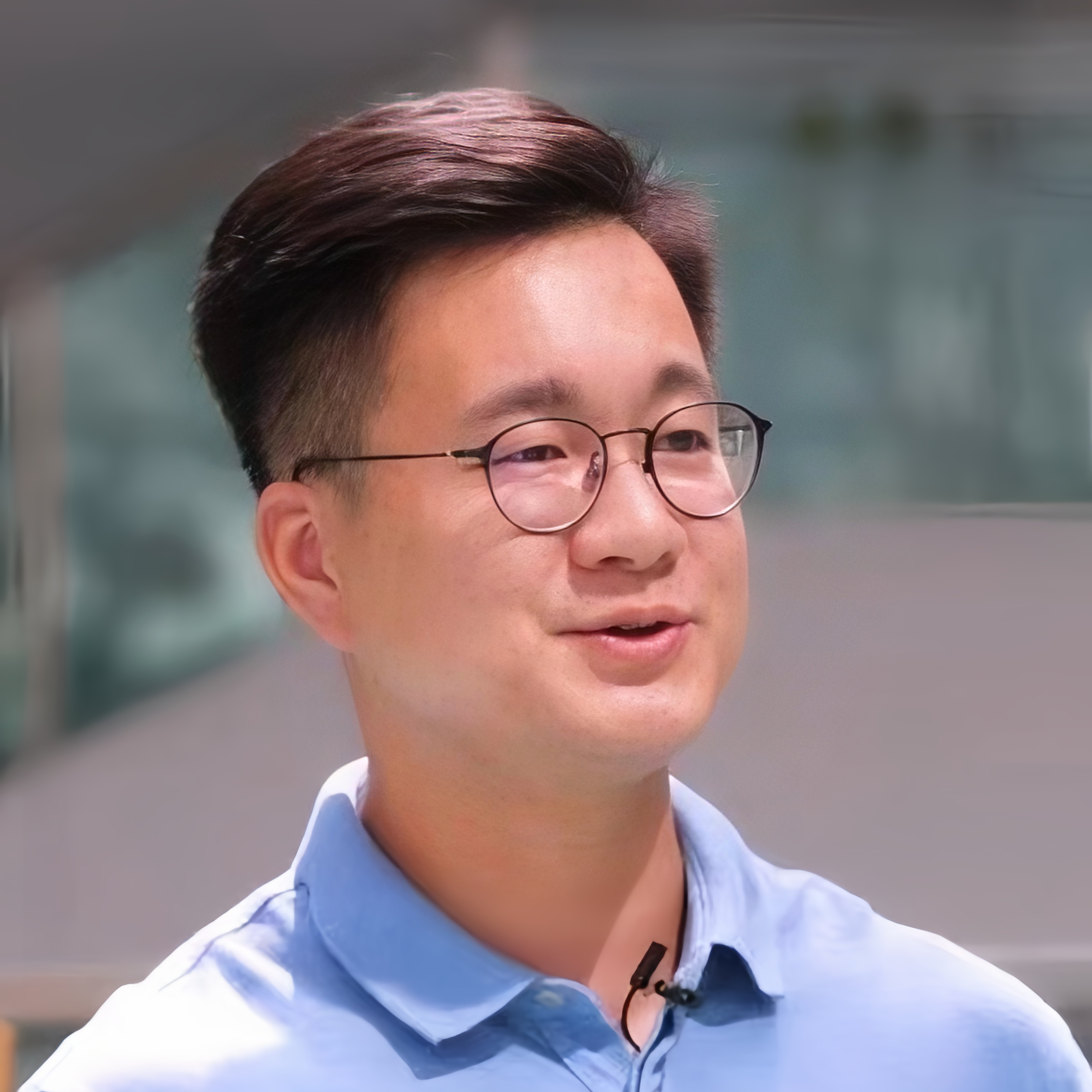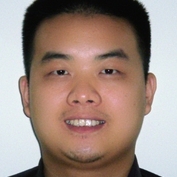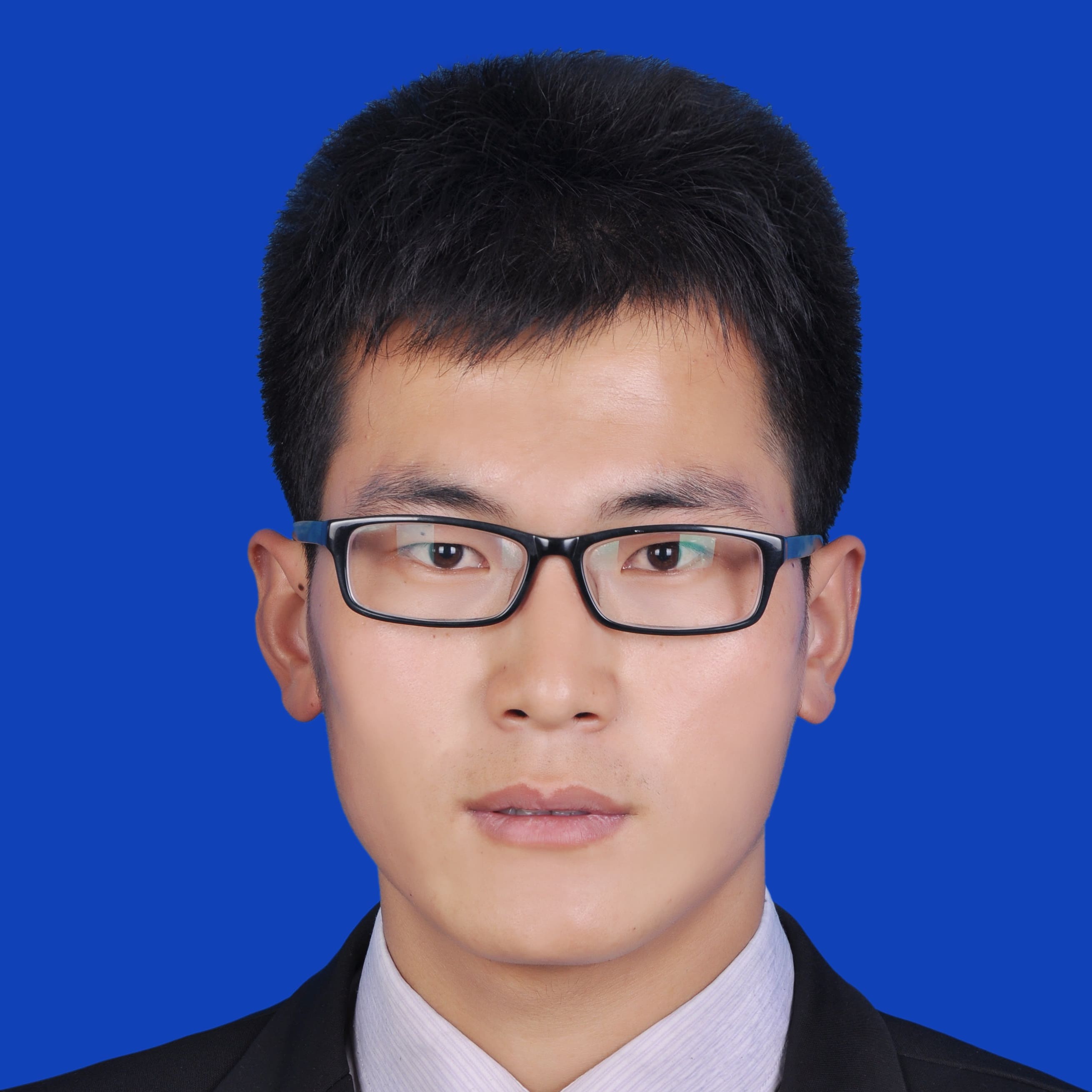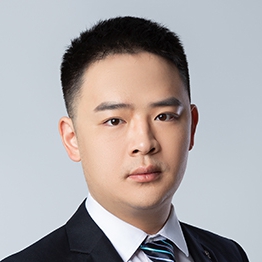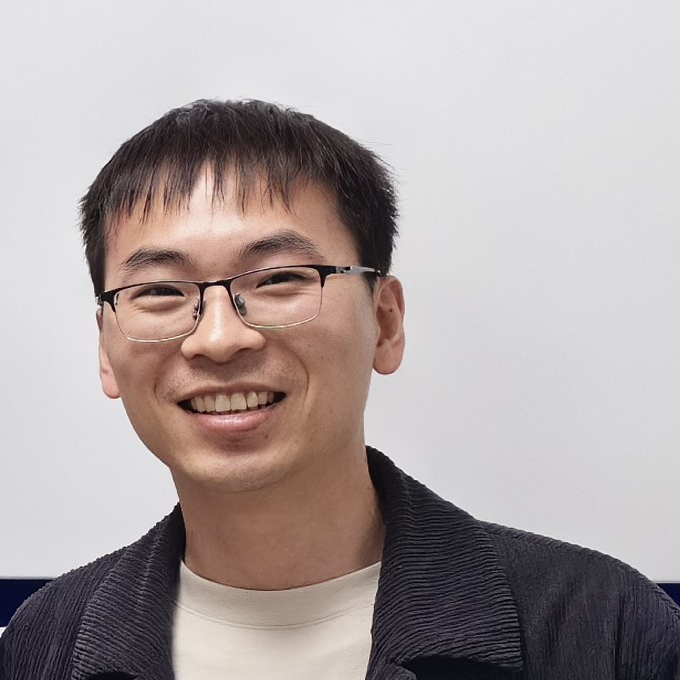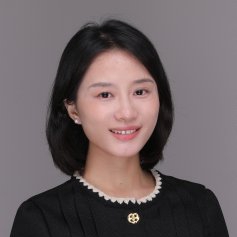The WACV 2025 Vision-Language Models (VLMs) in Open Traffic Scene Understanding Workshop (https://vlm4otsu.github.io/) seeks to cover a wide range of topics related to advancements in VLMs for traffic scene understanding, including but not limited to:
- VLM-based Multimodal Data Fusion for Open Traffic Scene Understanding
- Adapting VLMs to Uncertain Natural Conditions in Autonomous Driving
- Traffic Sign and Signal Interpretation Using VLMs with Expert Priors
- Real-Time Edge Deployment of VLMs for Smart Transportation
- VLMs for Predictive Analytics in Dynamic Traffic Environments
- VLM-Based Robust Scene Parsing for Autonomous Vehicles
- Leveraging VLMs for Multi-Agent Collaboration in Traffic Systems
- Understanding Complex Traffic Situations Through VLM-Enhanced Scene Comprehension
- Evaluation of VLMs for Open-World Traffic Scene Tasks
- Benchmarking VLMs for Multimodal Traffic Scene Datasets

